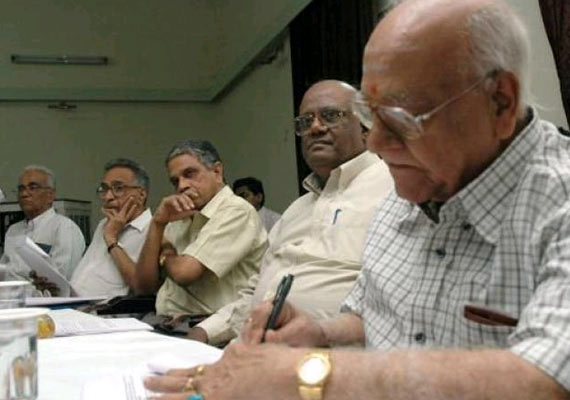
Hiking Retirement Age for Central Government Employees in India: Assessing the Current Situation, Demand, Pros, and Cons
The retirement age for central government employees in India has been a subject of discussion and deliberation in recent years. With changing demographics and evolving workforce dynamics, there is a growing demand for extending the retirement age. This article aims to examine the current situation, explore the factors driving the demand, and evaluate the pros and cons of increasing the retirement age for central government employees in India.
In India, the retirement age for most central government employees is currently set at 60 years. However, there have been calls to raise the retirement age in order to address various socio-economic factors and optimize the efficiency of the workforce.
The retirement age varies across countries, and it is influenced by factors such as demographic trends, social security systems, economic conditions, and labor market dynamics. Here is an overview of the retirement age in some selected countries:
It is important to note that retirement ages can vary within countries based on factors such as occupation, industry, and individual choices. Additionally, some countries offer flexible retirement options, allowing individuals to choose when they want to retire within a certain age range, with associated adjustments to pension benefits.
The decision to hike the retirement age for central government employees in India is multifaceted and requires careful consideration. While extending the retirement age can promote workforce continuity, improve productivity, and enhance financial security, challenges such as limited job opportunities for younger individuals and health concerns for aging employees must be addressed.
Any policy changes regarding retirement age should be implemented while considering the unique demographics, economic factors, and workforce requirements in India. Striking a balance between the demands of an aging population, the need for skill retention, and opportunities for new talent is crucial for sustaining a dynamic and efficient central government workforce in India.

 🕑 28 Oct, 2025 04:46 PM
🕑 28 Oct, 2025 04:46 PM
8th Pay Commission constituted. ToR Approved, Effectively Jan 2026
 🕑 02 Jul, 2025 10:03 AM
🕑 02 Jul, 2025 10:03 AM
Commutation Relief In Sight? Panel Likely To Review 15-Year Deduction Rule
 🕑 12 Jun, 2025 08:12 AM
🕑 12 Jun, 2025 08:12 AM
8th Pay Commission: Uncertainty Looms as Employees Await Terms of Reference
 🕑 24 Apr, 2025 10:21 PM
🕑 24 Apr, 2025 10:21 PM
Staff Side constitutes panel for drafting memorandum to 8th CPC when formed
 🕑 24 Apr, 2025 10:17 PM
🕑 24 Apr, 2025 10:17 PM
8th Pay Commission likely to be set up by mid May
 🕑 09 Apr, 2025 10:27 AM
🕑 09 Apr, 2025 10:27 AM
Loan EMIs to get Cheaper as RBI cuts Repo Rate sgain | See the benefit
 🕑 09 Jun, 2025 08:25 AM
🕑 09 Jun, 2025 08:25 AM
📢 UPS vs NPS: The Retirement Dilemma Facing 27 Lakh Government Employees
 🕑 04 Apr, 2025 04:46 PM
🕑 04 Apr, 2025 04:46 PM
NPS To UPS Switch from April 1: A Detailed Look at the Option to Switch
 🕑 30 Mar, 2025 11:01 AM
🕑 30 Mar, 2025 11:01 AM
8th Pay Commission implementation may get delayed till 2027 – Here’s why
 🕑 27 Mar, 2025 10:25 PM
🕑 27 Mar, 2025 10:25 PM
7th CPC wanted a permanent pay panel, end DA revision twice
 🕑 27 Mar, 2025 08:43 AM
🕑 27 Mar, 2025 08:43 AM
8th Pay Commission: What Kind Of Salary Hike Can Be Staff Expected?
 🕑 20 Mar, 2025 08:24 AM
🕑 20 Mar, 2025 08:24 AM
Why the commuted pension is restored after 15 years, not 12 years
 🕑 17 Mar, 2025 08:37 AM
🕑 17 Mar, 2025 08:37 AM
📈 Expected Dearness Allowance (DA) from January 2026 Calculator